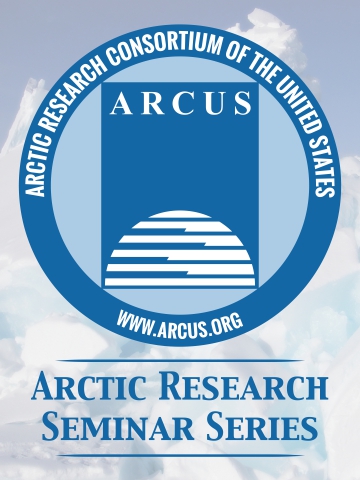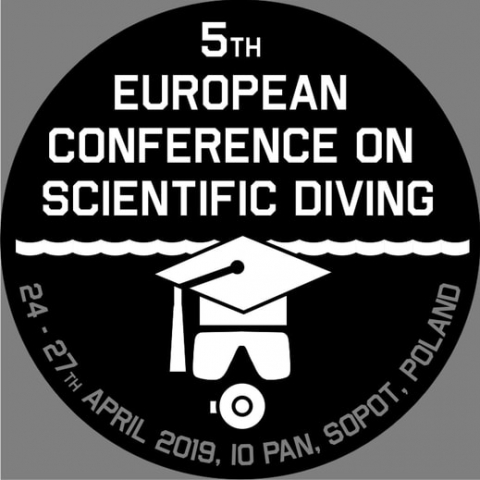What People Know: Asking About the Arctic on U.S. General-Public Surveys
The Arctic Research Consortium of the U.S. (ARCUS) announces the next Arctic Research Seminar Series event featuring Lawrence Hamilton (Carsey School of Public Policy, University of New Hampshire). The in-person seminar will convene at the Consortium for Ocean Leadership building (1201 New York Avenue NW, Washington, D.C.). This seminar will also be available as a webinar live-stream for those unable to attend in person.
Registration is required for this event. Please follow the link above. Instructions for accessing the event online will be sent to webinar registrants prior to the event.
This seminar, titled What People Know: Asking About the Arctic on U.S. General-Public Surveys, will be presented by Lawrence Hamilton. Dr. Hamilton is professor of sociology and senior fellow at the Carsey School of Public Policy, University of New Hampshire. Over the past 25 years he has studied human-environment interactions around the circumpolar North, from Alaska to Greenland and the northern Atlantic. Much of his research involves collaboration between social and natural scientists, to investigate topics such as climate-linked migration in Arctic Alaska, fisheries crises in Iceland and Greenland, or the accuracy of predictions about sea ice. In addition to research on the Arctic regions themselves, Dr. Hamilton conducts large-scale surveys of public knowledge and perceptions outside the Arctic – as described, for example, in Polar facts in the age of polarization or Where is the North Pole?.
Seminar Abstract:
Since 2006, a number of surveys have explored U.S. public knowledge and perceptions about polar regions. At first glance, these seemed to show fairly high levels of public awareness and concern about polar climate change and related issues. Closer examination with increasingly sophisticated surveys uncovered a more complex picture, however. Some basic polar and Arctic knowledge questions, which link to people’s more general beliefs, are answered with reasonably good accuracy. But other basic questions that have answers not guessable from general beliefs tend to show lower accuracy or knowledge. Contrasting results on the “two kinds” of Arctic knowledge questions exhibit strong demographic patterns. Moreover, we see public awareness on some issues gradually rising over the years of these surveys, while on others it remains stubbornly flat. Although polar-knowledge survey questions might seem a narrow topic, these results highlight deeper characteristics of U.S. society today.


